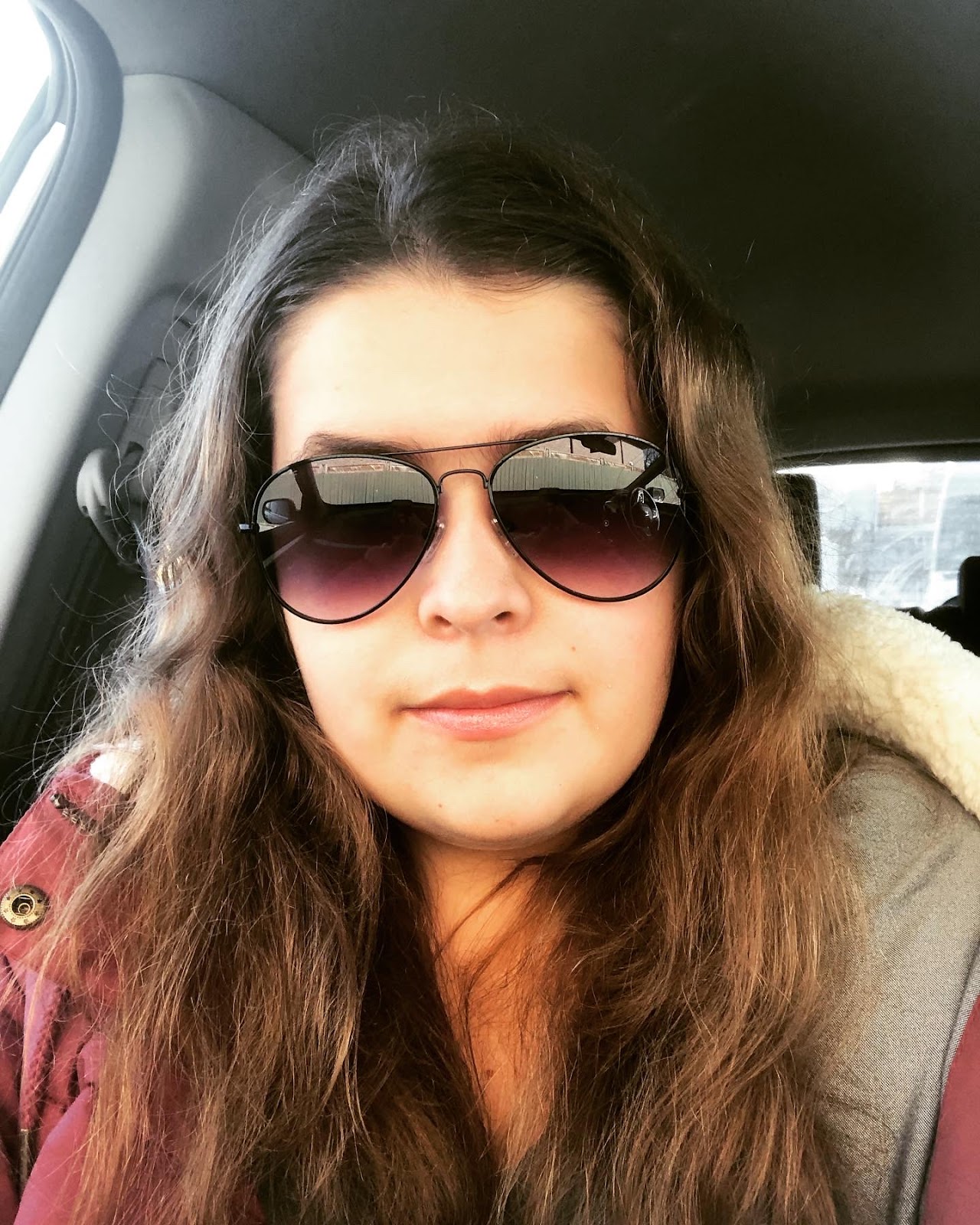Over the centuries, many countries believed that they had the right to rule Ukraine - Lithuania, Poland, and Russia are just a few of the many. Russian leader Vladimir Putin’s belief that Ukraine isn’t a nation is a major contributor to his unwarranted attack against the Ukrainian people. Russia and Ukraine have had a long and complex history, and understanding it better provides important context for the war today. Russian injustices against Ukraine didn’t just start last year - they’ve been happening for a very long time.
Growing up, I heard stories of the terrible things that happened in Ukraine, but I had never really understood them. Both of my grandparents on my mom’s side were born in Ukraine, and immigrated to Canada when they were young. They didn’t live long in the country, but my great-grandparents did. From 1922 to 1991, Ukraine was under Russia’s thumb as a part of the Soviet Union. The mass death toll and the oppression that the Ukrainian people suffered influenced their desire to get out. When the Second World War started and borders loosened, Ukrainians fled, choosing to go through active war zones rather than stay where they weren’t wanted. Among those people were my young baba (grandma) and dido (grandpa).
For me, the story of Ukraine came in small pieces of my family’s history. My great grandmother’s twin sister was a freedom fighter, and was killed by Soviet enforcers. For the rest of her life, her mother told her she wished that her brave daughter was the one who lived instead. My baba’s uncle had the flu and was too sick to go to work one day, and the next day the secret police took him to a Gulag, one of the Soviet labour camps that housed millions of people during its peak. He didn’t get out until the 50s. To say that the Soviet Union wasn’t a good place to live would be an understatement.
I feel like people today consider Russia’s invasion of Ukraine to be an isolated incident, the random whims of a madman. Ukrainians know that isn’t true. Russia has consistently believed that Ukraine is not a state. The diminishing of the Ukrainian language and culture was constant during Soviet times, and did not end when the Soviet Union fell. The disrespect that Russia has towards Ukraine was on full display during the annexation of Crimea in 2014, when Russian troops just walked into the peninsula and took it, saying that it always was part of Russia. That weekend, my family went to a protest downtown. They spoke in all Ukrainian, and I only understood about every other word they were saying. My clearest memory is the odd sense of foreboding in the air - the knowledge many people seemed to have that something worse was going to come.
For Ukrainians, what happened in February wasn’t out of the blue. It has been a long time coming, because Russia views Ukraine as a subservient province that can be brought to heel. In my family today, there’s an odd mix of both sadness and pride. My grandparents worry for their cousins overseas, but also show pride in their home country’s resistance. The last few weeks have shown that the fight for sovereignty, democracy, and freedom is a cornerstone of the Ukrainian identity. In the stories of my ancestors, I see perseverance in the face of tragedy and hope for a better future. These are the qualities on display in their home country today.
Slava Ukraini (Glory to Ukraine).
